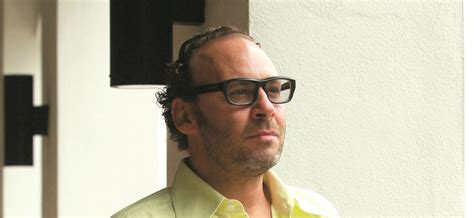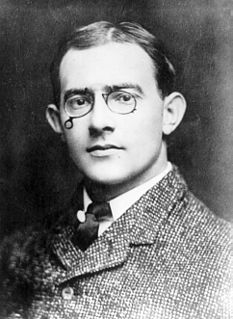A Quote by Emmanuel Benbihy
People build fame because they're pretty sometimes.Most of the time. This is what the audience wants, apparently. I don't necessarily agree, but I cannot go against it. But it's true that our industry is just full of people who actually really look good. It's the criteria of our generation.
Related Quotes
As each generation comes up that doesn't have the habits for paper it's just easier and cheaper to get your stuff online. You know, people go to what they're used to. Certainly our generation, you know, we'll always want to have a magazine in our hands. We like that, but millennials didn't see the value in that necessarily.
We've learned over the years that if we wanted we could write anything that just felt good or sounded good and it didn't necessarily have to have any particular meaning to us. As odd as it seemed to us, reviewers would take it upon themselves to interject their own meanings on our lyrics. Sometimes we sit and read other people's interpretations of our lyrics and think, 'Hey, that's pretty good.' If we liked it, we would keep our mouths shut and just accept the credit as if it was what we meant all along.
I love the good old book with glue and binding, I really do, but that is just one way of experiencing text, and suddenly we have so many new ways, including our laptops, our phones, our watches. People in my generation agonize over this. People much younger than me don't agonize at all. They just go ahead and find ways to transform publishing.
Most of us fill up our lives and end our boredom with our involvement with other people - people we love, people we hate, people we're afraid of, people we're interested in - and that's what keeps our minds going. So if you're sociopathic and you really have no caring for anybody, there's not much left, only boredom, and the way to relieve that, apparently, is to play a game and make sure that you win.
In a recent survive of Millennials around the world asking what most defines our identity, the most popular wasn't nationality, ethnicity or religion. It was "citizen of the world." That's a big deal. Every generation expands the circle of people we consider one of us. And in our generation, that now includes the whole world. This is the struggle of our time. The forces of freedom, openness, and global community against the forces of authoritarianism, isolationism, and nationalism - forces for the flow of knowledge, trade, and immigration, against those who would slow them down.
I'm lucky right now because I'm not that famous, people will look at the work just as the work, and people respond to it pretty well. It's just hard to know exactly what group I need to meet and where I need to be. I think fame helps, but I want it to be separate as much as it can. Fame is just so weird, people just love famous people.
There's a generation of people that do fetishize books and do fetishize catalogues and do look at them as something important. The same thing with magazine culture: because magazines don't make the amount of money that they used to, it's become important again to another generation of people to actually read them. And it's very, very pinpointed to the select people that actually fetishize and go in and look at them.
Of agitating good roads there is no end, and perhaps this is as it should be, but I think you'll agree that it is high time to agitate less and build more. [Here is] a plan whereby the automobile industry of America can build a magnificent "Appian Way" from New York to San Francisco, having it completed by May 1, 1915 and present it to the people of the United States.
There's a lot of forces opposed to legalization marijuana, so I don't want to put the cart before the horse. It's looking like it's going the legalization route, which, you know, a lot of people thought it needs to for a long time outside of recreational and medicinal use, just for crime reasons. We're pumping our prisons full of petty weed offenses and it's partially to feed that industry, but it's not good. It's not good for society, people go in there as a minor criminal and come out as a real criminal.
If sometimes our great artists have been the most critical of our society, it is because their sensitivity and their concern for justice, which must motivate any true artist, makes him aware that our nation falls short of its highest potential. I see little of more importance to the future of our country and our civilization than full recognition of the place of the artist.
































